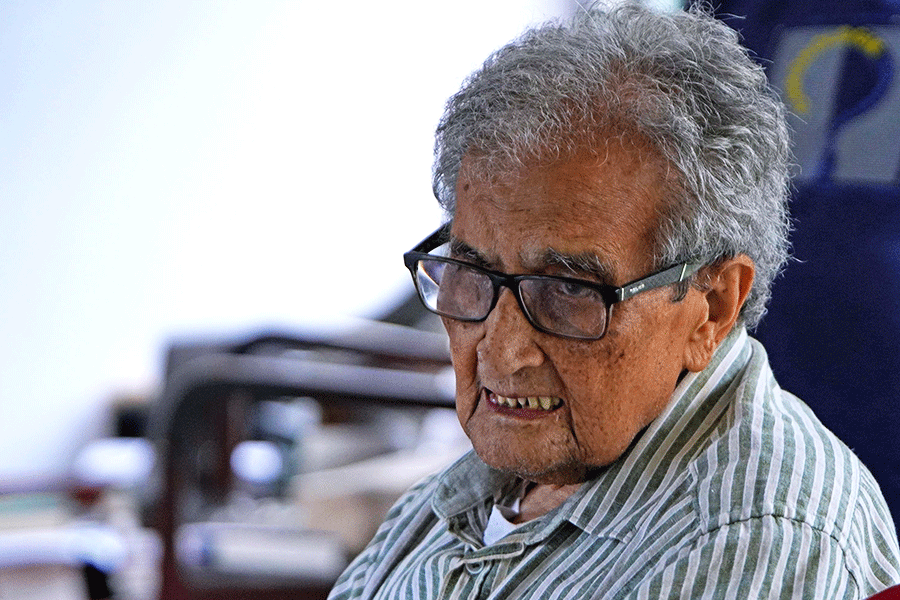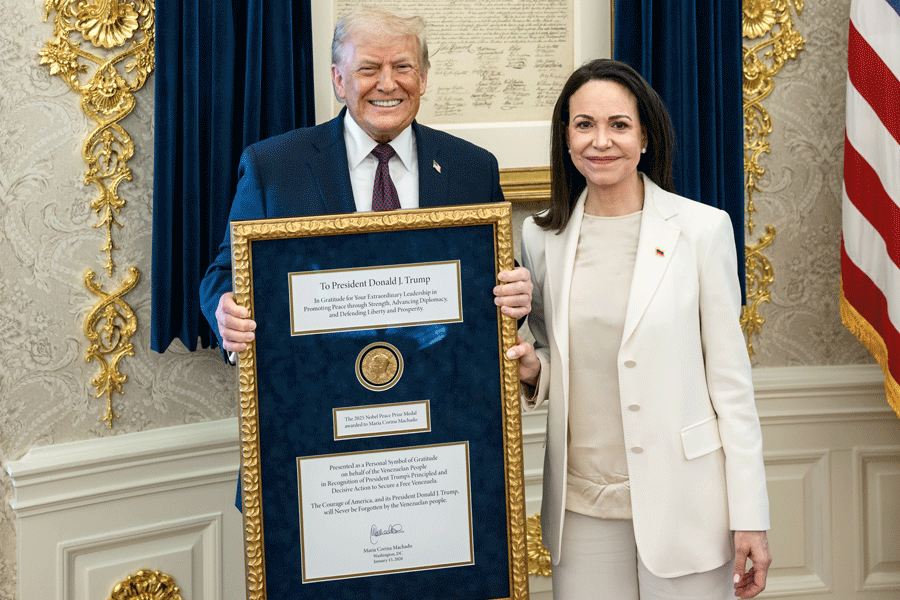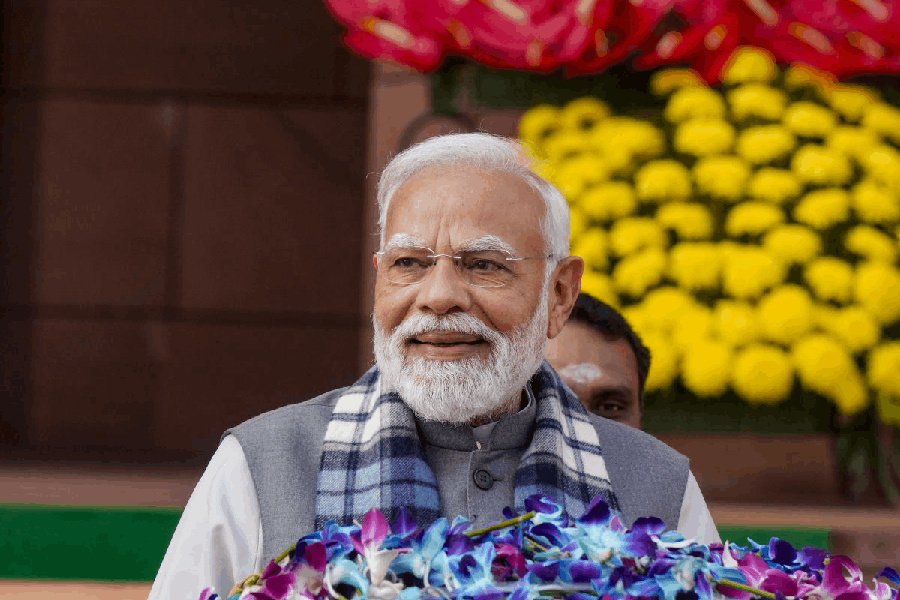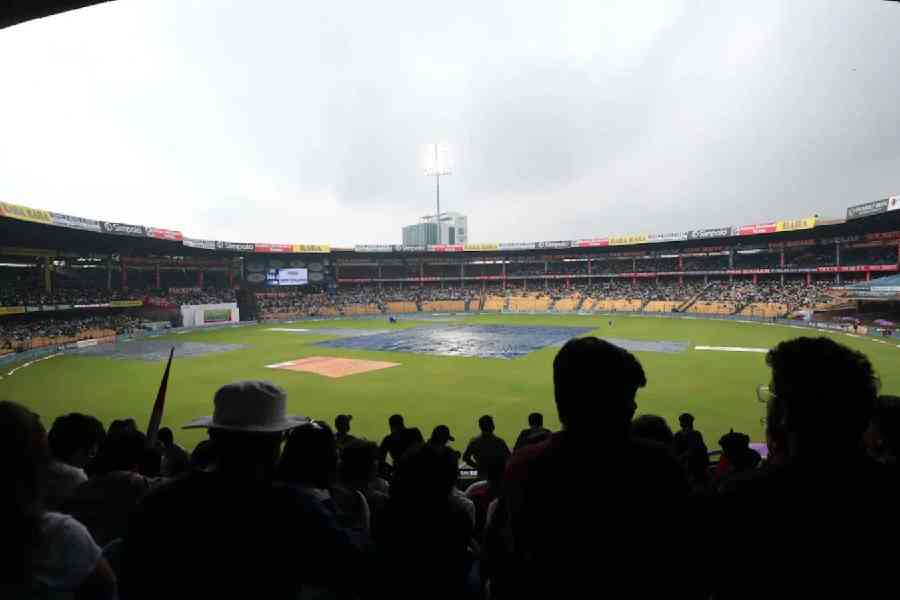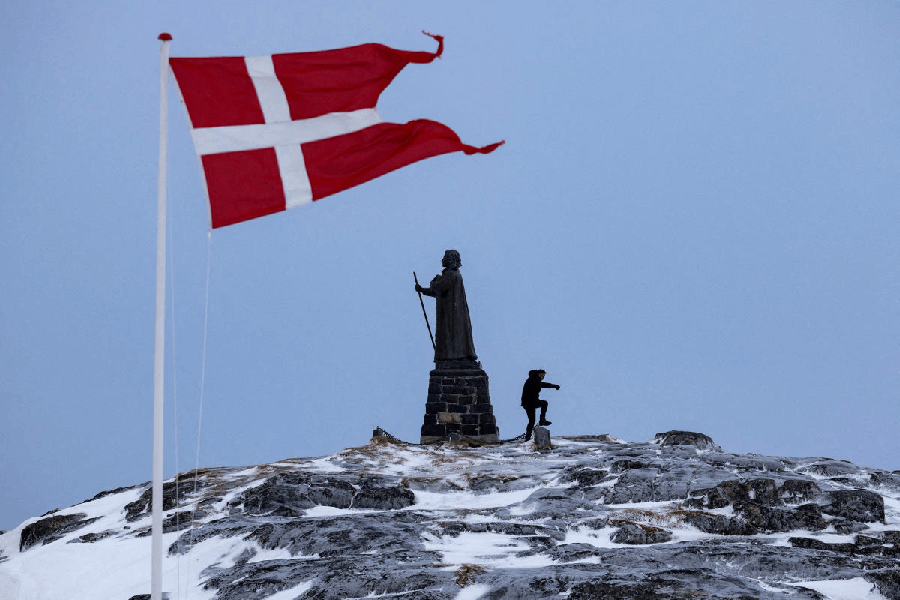 |
| Wreaths being laid at the cenotaph in Tura. Picture by Saidul Khan |
Tura, July 16: A cenotaph built in the memory of brave Garo soldiers stands tall in the heart of Tura town in Meghalaya’s West Garo Hills.
It is a reminder of the heroic deeds of the Garos, who were engaged in World War I in France. In the fitness of things, the 95th Garo Labour Corps Day was observed today, with a gun salute, followed by laying of wreaths at the cenotaph.
In 1917, the Garos were recruited by the British from distant places, including Tura, Baghmara and Nishangram, to work as labourers. They made roads and carried goods during the war. Around 1,000 men were recruited in the 69th Garo Labour Corps. However, only 500 were declared fit, of whom 456 could reach France. In October 1917, they were stationed at Puisieux in France, and a week later they were engaged on salvage work at Bucquoy. In November, they were moved to La Chapellette and the following day to Brusle. Historian and academician, Milton Sangma, who has scripted a book on Garo Labour Corps said, “The soldiers displayed their courage and bravery during the World War I and won international recognition. The recruits won praise from the Allied commanders in France.”
On May 25, 1918, they were sent to Marseilles for repatriation to India. They reached Tura on July 16, 1918 amid wild jubilation and an ecstatic welcome from family and friends. During the voyage, many of them died of sea-sickness. Finally, only 120 returned to Tura. However, records claim only 58 of them had died.
The Garo labourers were part of the war for almost two years. Their main work was to load and unload logs of wood and wooden planks and dig trenches and build barricades. Addressing the gathering here today, chairman, Garo Hills Autonomous District Council, Purno K. Sangma said, “It is a day for introspection as our forefathers showed a sense of sacrifice for their country. We expect the same from the youths of today.”
Sangma suggested that elaborate arrangements should be made and a committee constituted for the commemoration of the centenary of the voyage. “The event should be celebrated in a grand manner, so that the younger generation is enlightened and look down memory lane,” he added.
Chief executive officer of Tura Municipal Board, Z.J. Sangma, stressed the need to be prepared to serve the motherland and said the members of the Garo Labour Corps had done a great service to the motherland by aiding the then British government, thereby leaving a rich legacy.
Altogether 74,123 persons recruited by the Indian Corps died in World War I and 91,464 during World War II. The Commonwealth War Grave Commission has a list of all the Indians who died during the wars. Most were from northeastern India and were enlisted in the Indian Labour Corps.





